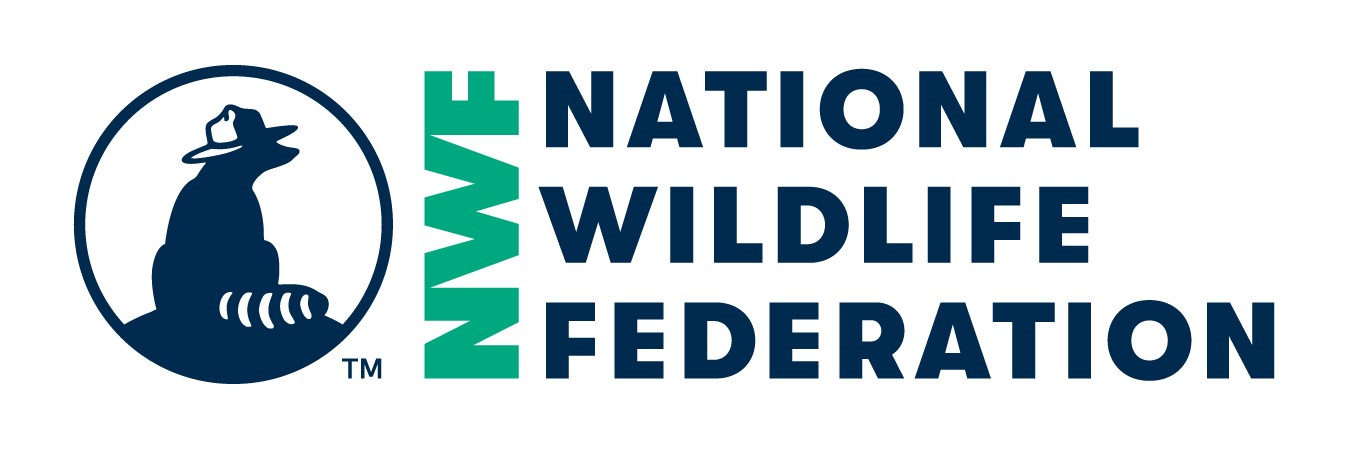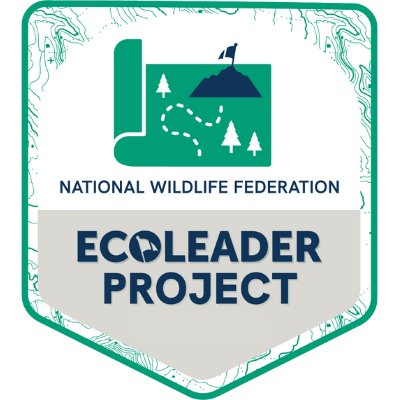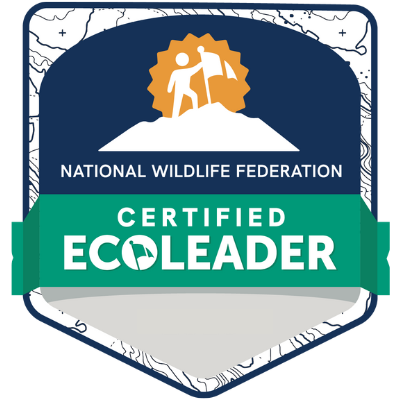Student Policy Contest - Deadline 6/30
Student Innovative Policy Memo Contest
State and Local Policy Tools that Improve Water Quality and Flood Resilience through Land Management Practices
National Wildlife Federation is excited to offer awards that recognize undergraduate or graduate students over the age of 18 who develop innovative recommendations for state and local policies that can help improve water quality and/or the resilience of communities to flooding through nature-based approaches. Nature-based solutions include conserving and restoring natural ecosystems, such as healthy wetlands, floodplains, and forests, as well as employing engineered systems designed to mimic natural system functions. The area of geographic interest is the Mississippi River mainstem states including overlapping Tribal and Indigenous lands and waters (Minnesota, Wisconsin, Iowa, Illinois, Missouri, Kentucky, Tennessee, Arkansas, Mississippi, and Louisiana).
National Wildlife Federation is interested in a range of policy concepts that address any combination of the following areas:
- Nature-based solutions for hazard risk reduction (i.e. flood risk, drought, etc.);
- Protection or restoration of existing natural floodplains, wetlands, and/or wildlife habitat
- Long-term climate adaptation efforts, including though the promotion of nature-based solutions
- Water quality improvements, including through the use of nature-based solutions; and
- Best Management Practices for sustainable agriculture practice adoption
National Wildlife Federation is not seeking specific legislative language, but rather concepts/outlines of policies that, from an educational perspective, might be helpful for communities working in the region to adapt to their needs, and an analysis of what the proposed policy might accomplish.
Required Memo Components: (800-1000 words; references are not included in total word count)
- Abstract
- Background and Introduction
- Narrative Section/Policy Recommendations
- Analysis of feasibility and potential impacts of policy recommendations
- References (any widely acceptable citation style such as A.P. or Chicago Manual of Style)
Eligibility Criteria, e.g.:
- Any student enrolled at an accredited U.S. University or Tribal College and in good academic standing.
- 18 years and older.
- No conflicts of interest with NWF (i.e., ineligible if NWF employee or board member, an immediate family member, or in the same household)
- A memo can have more than one author, and any prizes awarded will be split evenly between the authors.
- All memos should include academic references or data sources and follow a referencing style of the authors’ choice.
How to Apply:
- Memo must be between 800-1000 words, not including references.
- Entries must be submitted by email in .pdf or .doc form, and may only be submitted once.
- Submit entries by email to KnuffmanL@nwf.org by June 30th, 2023.
Award: 1st Prize: $5,000; 2nd Prize: $2,500; 3rd Prize: $1,000. Winners will be announced in July 2023. Winners also may have an opportunity to present their idea virtually to National Wildlife Federation staff and could have their ideas developed into policy platforms.
Review Criteria: Entries will be judged on originality and innovation, clarity of ideas, quality of writing, supporting evidence, applicability and scalability, and understanding of state and local policy landscapes by a panel of National Wildlife Federation staff and advisors.
All submissions are subject to the following contest rules




.png)





